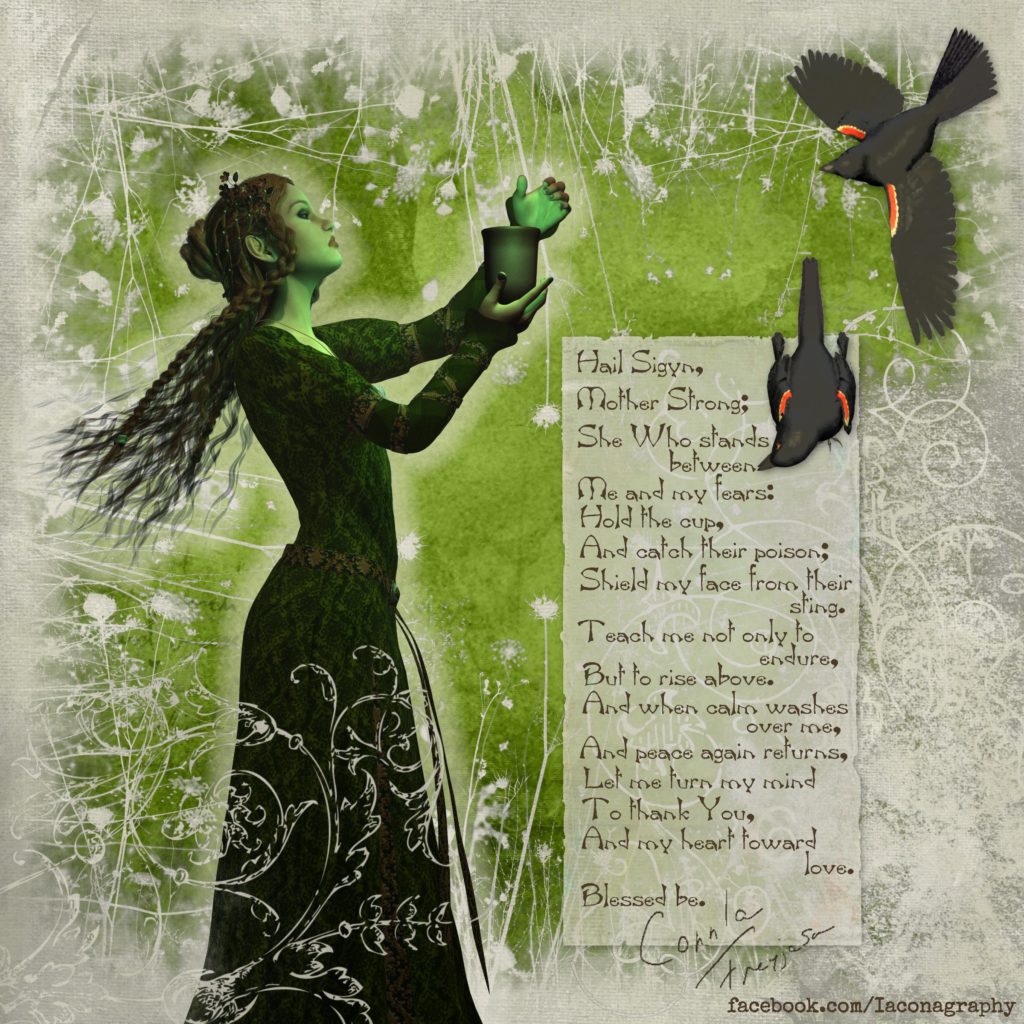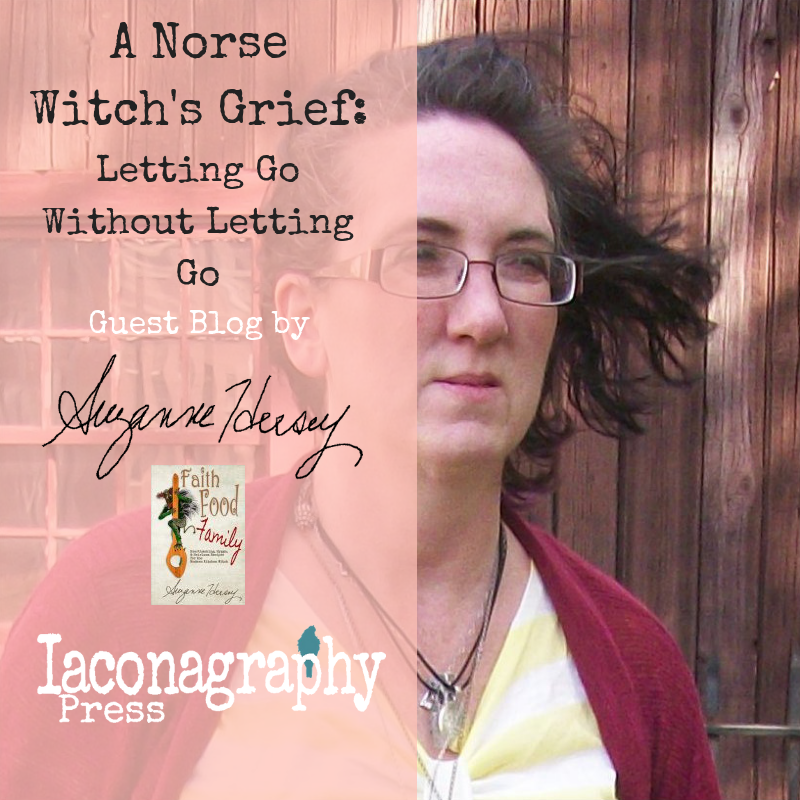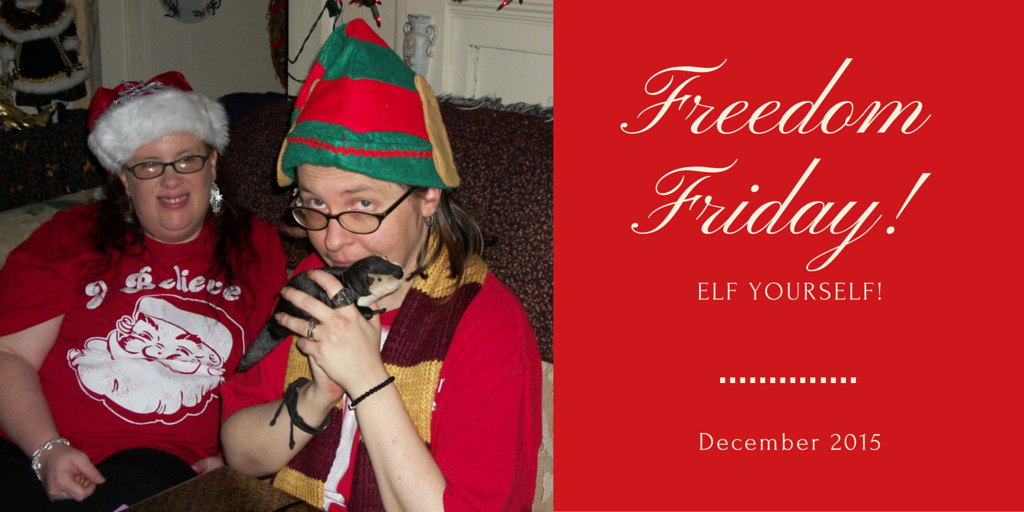Struggling Faith: Living Without Fear

In the last blog post of this series, we began to explore prayer as a method of reaching out to the ultimate–the sacred–in times of great need. Learning to trust and rely on Deity to get us through those tough times can be a bit more challenging than it might seem at first blush, however. Face it: part of the reason people fall into “faith ruts” in the first place is because they feel that God(s) has let them down in some way, in much the same way that other humans often let us down. You may, in fact, be sitting out there right now saying “why the hell should I trust and rely on Them, after that last crap they pulled in my life that got me to this point in the first place?”
One of the definitions of trust is actually hope. That may come as a bit of a surprise, but it’s right there at Merriam-Webster:
Trust: dependence on something future or contingent; HOPE
While we’re taking a look at definitions, let’s go ahead and take a look at rely as well:
Rely: to trust in or depend on.
If trust is synonymous with hope, then to rely may then be defined as:
Rely: to hope in or depend on.
Ultimately, a loss of hope is also a loss of trust, and without trust, we can’t rely on anyone or anything. Since we have previously defined faith as the “simple, pervading presence of hope“, it’s no wonder that a loss of hope leads to a loss of faith, and vice versa. It’s a vicious cycle, but it’s one that we’re presently striving to end. We end that cycle by learning to live without fear.
One of my all-time favorite quotes on the subject of fear appears in the Litany Against Fear, practiced by the Bene Gesserit Sisterhood in James Herbert’s Dune:
“I must not fear.
Fear is the mind-killer.
Fear is the little-death that brings total obliteration.
I will face my fear.
I will permit it to pass over me and through me.
And when it has gone past I will turn the inner eye to see its path.
Where the fear has gone there will be nothing. Only I will remain.”
“Fear is the mind-killer.” This highlights the number one thing that fear does to us: it is crippling. Fear leads to stagnation; it stops the mind from working to its full capacity, and eventually, if left unchecked, can lead us to “stuckness”. We stop doing anything, because we come to fear everything. Instead of looking forward with glad expectancy, the fearful mind always looks forward with dread. Consequently, the person overcome with fear generally begins as a person preoccupied with worry; worry begins the downward spiral into full-fledged fear.
We began dealing with worry when working to find the God of Green Hope within each of us. Hopefully, it is an issue you have since been working on dealing with. Many of our worries in life are simple ones, easily handled by a simple change in perspective. But what about those worries that are simply too big for us to handle all by ourselves? This is where trusting and relying on God(s) comes in.
Have you ever been to one of those amusement park style haunted houses with a group of friends? If you have, it is likely that you are familiar with the concept of using one or more of those friends as a “human shield”: putting them between yourself and whatever was jumping out to frighten you. You may also recall “hiding behind Mommy” (or Daddy) as a child. Our trusting and relying on God(s) works much the same way: They become a buffer between what worries us or frightens us, and us. Basically, you will be using God(s) as a “human shield” or “meat shield”, between yourself and the scary things, so you can free your mind from the crippling influence of fear. Let Them deal with the scary stuff, so that you can run towards better things!
My favorite example of this in Norse Tradition is the story of Sigyn and Loki. Loki doesn’t really trust anyone or anything else, largely because He knows He Himself cannot be trusted. When He finally takes things way too far, and is finally punished by the Gods for His actions, He finds Himself enchained in the entrails of His own son, with a venom-dripping serpent positioned over His face. The pain of the dripping venom is agonizing: think of the acid-laced drool of the xenomorph in the Alien films. Only one person steps forth to provide a buffer between Loki and the steady drip of that poison: His wife, Sigyn. She holds a bowl or cup over Loki’s face, to catch the venom before it can hit Him square in the face. And He trusts Her to do it–to provide Him respite–because, really, He has no other choice. Sometimes, when it comes to dealing with fear in our own lives, we have no other choice, either, but to trust and rely on God(s). If we can learn to “hand off” our fears to Them, then we can eventually come to entirely live without fear.
A life without fear teaches us to expect, instead of dread. Once we can face life with exuberant expectancy, we will find ourselves going after life, rather than running away from it. Our minds are more free, when they are unencumbered by worry, fear, and doubt, which means we can actively accomplish more in our waking hours. Living life this way, slowly but surely, we can come to replace dread with hope.
I include the prayer below (in both a Heidhrinn and Christian version) to provide a starting point for building trust and reliance on God(s), towards an arrival at a life without fear. Feel free to use them, with or without personal embellishment.
| Sigyn’s Shield Hail Sigyn, Mother Strong; She Who stands between Me and my fears: Hold the cup, And catch their poison; Shield my face from their sting. Teach me not only to endure, But to rise above. And when calm washes over me, And peace again returns, Let me turn my mind To thank You, And my heart toward love. Blessed be. |
Mary’s Shield Hail Mary, Mother Strong; She Who stands between Me and my fears: Hold the cup, And catch their poison; Shield my face from their sting. Teach me not only to endure, But to rise above. And when calm washes over me, And peace again returns, Let me turn my mind To thank You, And my heart toward love. Amen. |
Once we come to live without fear, we may then turn our minds towards inspiration and anticipation, which will be the topic of the next blog post in this series. I look forward to bringing that to you next week!



